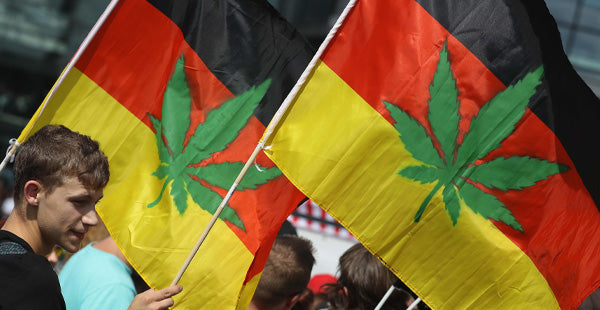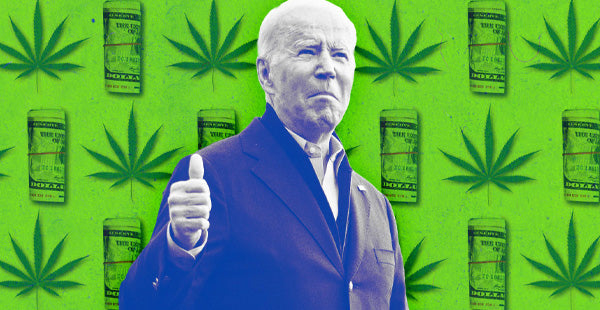Germany's lower house of parliament approved the legalization of cannabis for limited recreational use on Friday, disregarding warnings from the opposition and medical authorities.
Under the new regulations, adults will be permitted to possess small amounts of cannabis for personal use, while the drug remains prohibited for individuals under 18.
A total of 407 German lawmakers voted in favor of the legislation, with 226 voting against it, and four abstaining. The decision follows a contentious national debate on the merits and drawbacks of facilitating access to cannabis.
With this move, Germany becomes the third country in Europe, following Malta and Luxembourg, to legalize recreational cannabis, removing it from the list of banned substances.
Although possession of drugs is banned in the Netherlands, some municipalities allow their sale in coffee shops under a policy of tolerance.
Regulations on cannabis vary across different localities in countries like Australia and the United States.
According to the new legislation proposed by Germany's ruling coalition party, adults will be permitted to cultivate up to three cannabis plants for personal use and possess up to 50g at home and 25g in public, effective April 1. Additionally, starting July 1, cannabis will be available in licensed not-for-profit clubs with a maximum membership of 500 adults, who will be the only ones allowed to consume the product.
Health Minister Karl Lauterbach stated that the aim is to combat the black market and drug-related crime, reduce dealing, and decrease the number of users.
The German government emphasized that cannabis will remain illegal for minors and highly regulated for young adults. Consumption near schools and playgrounds will be prohibited.
Lauterbach reiterated that the primary goal of the law is to protect children and youth, emphasizing that while cannabis consumption is being legalized, it remains potentially dangerous.
The conservative Christian Democratic Union (CDU), Germany's largest opposition party, opposed the legislation. CDU lawmaker Tino Sorge criticized the coalition, accusing them of acting like state drug dealers instead of safeguarding children and young people.
The German Medical Associations (GMA) also expressed considerable criticism, with President Klaus Reinhardt stating that cannabis legalization could lead to increased consumption and trivialize associated risks, including addiction and developmental damage. Reinhardt emphasized that cannabis legalization is unnecessary for the country.



Laat een reactie achter
Deze site wordt beschermd door hCaptcha en het privacybeleid en de servicevoorwaarden van hCaptcha zijn van toepassing.